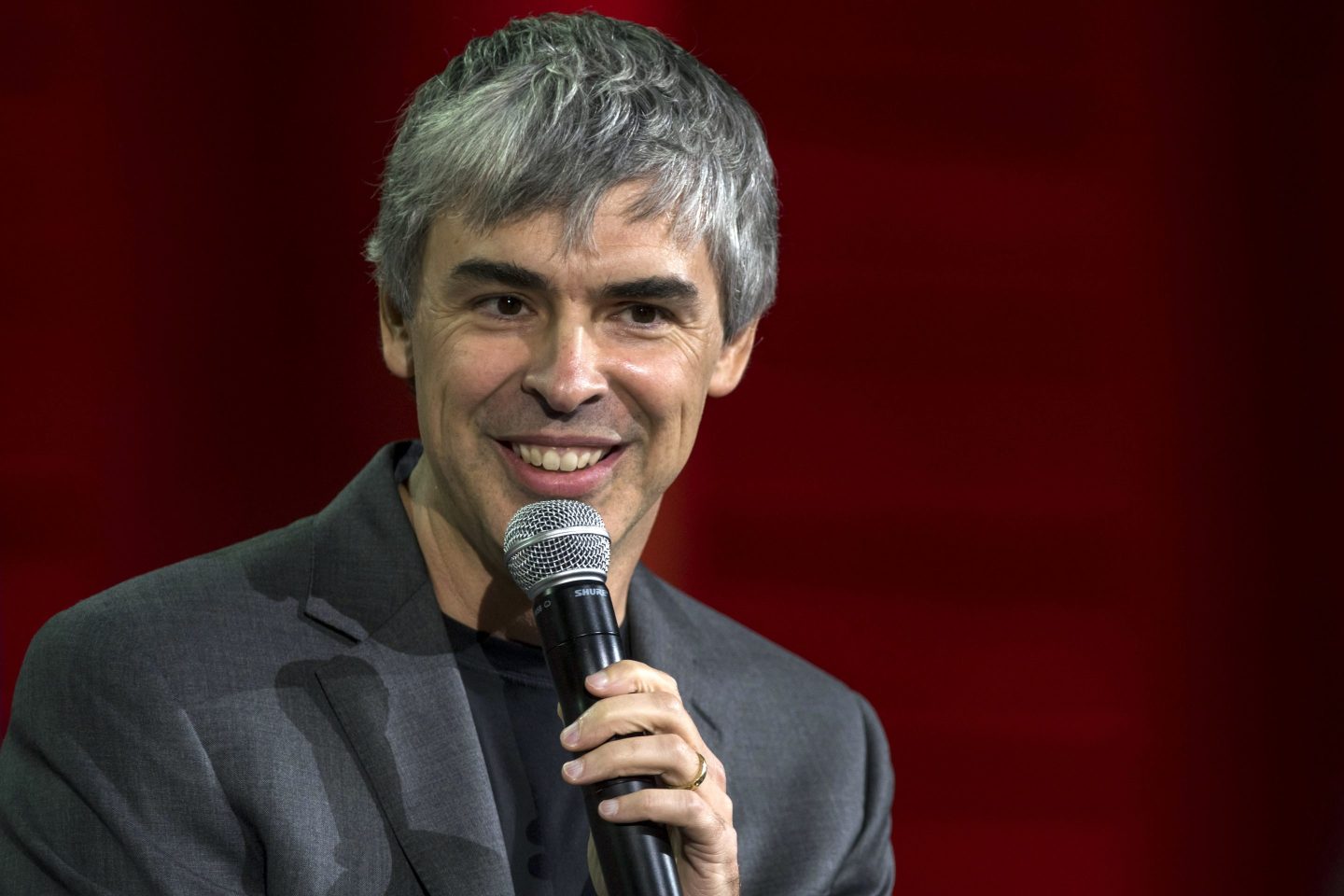Unlike some skeptics, Yoky Matsuoka believes that today’s cutting-edge robots won’t lead to a dystopian future in which machines enslave mankind.
“I work with robots all the time,” said Matsuoka, the CTO of Alphabet-owned (GOOG) home automation company Nest Labs. “The advancements we are making are great, but we still have a long way to go” before creating robots like those featured in Hollywood movies that can speak, think, walk, and move like humans.
Speaking Monday at Fortune’s Brainstorm Tech conference in Aspen, Colo., Matsuoka explained that the kinds of robots that will likely be developed in the next 10 years will do a fantastic job performing repetitive tasks.
Get Data Sheet, Fortune’s technology newsletter.
“We suck at repetitive things,” said Matsuoka, giving the example of lifting heavy objects, like airline workers who carry heavy suitcases.
“Robots don’t hurt their backs, so let them do it,” said Matsuoka.
Matsuoka believes that robots may eventually fix people’s bad behaviors like when they fail to turn off the lights and air conditioning when they leave the house.
She considers Nest Labs’ Internet-connected thermostats as being a type of robot that can sense changes in its environment like rising temperature and then make adjustments based on a person’s personal habits, even though those thermostats don’t have arms or heads like people expect robots to have.
Since Nest Labs first debuted its thermostats in 2011, Matsuoka said the company has saved people “13 billion kilowatt hours of energy,” which she said is “enough to “power New York residential homes for four years.”
Still, Nest Labs must make sure that the company doesn’t push customers too hard who don’t care to use the devices as energy-savings tools, she explained. During a field trial, Matsuoka explained that she learned that some Nest Labs customers were upset about their thermostats automatically using less energy because they didn’t explicitly ask for it.
Nest Labs just accommodate “those people who weren’t willing to save energy” and “let them be,” she said.











